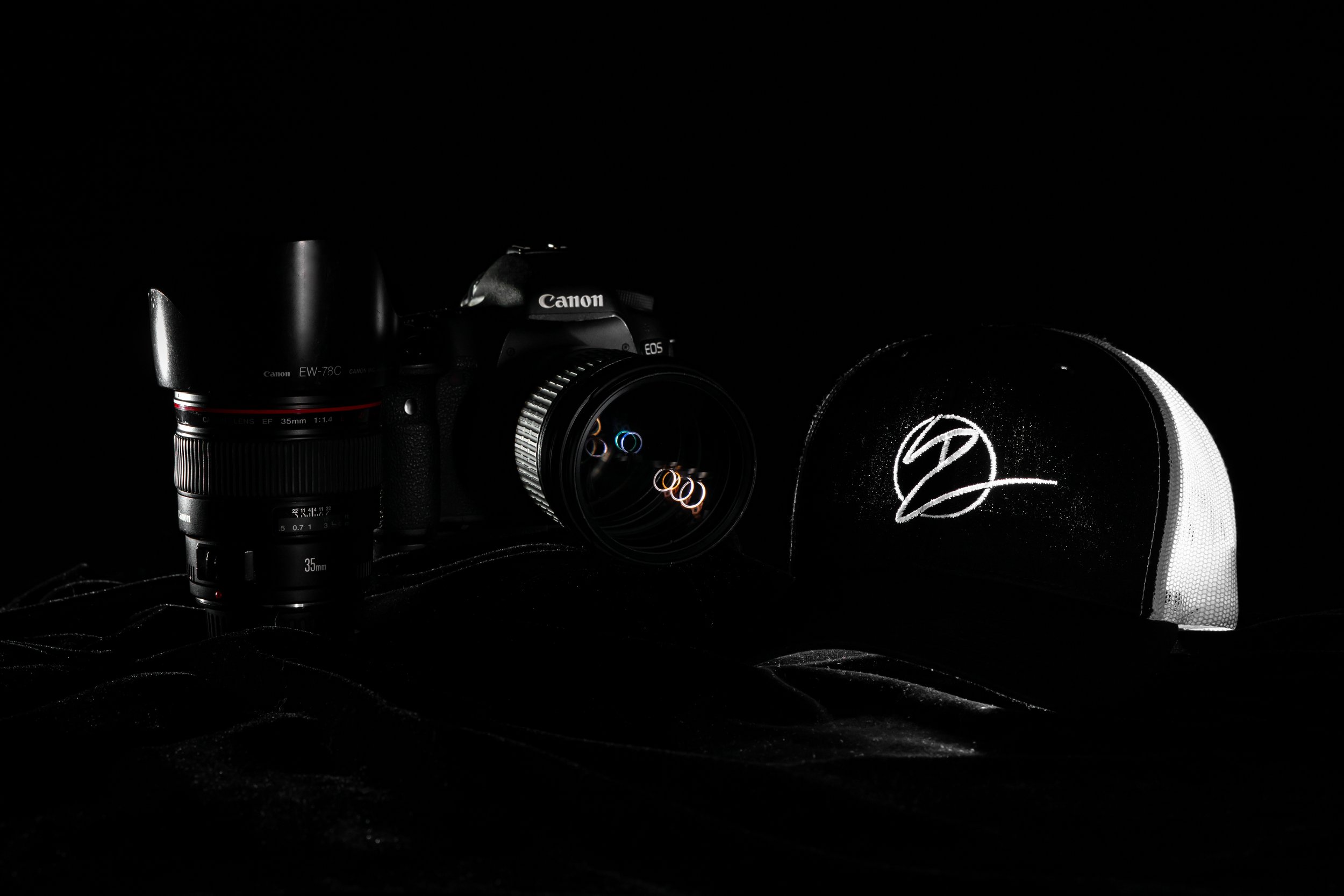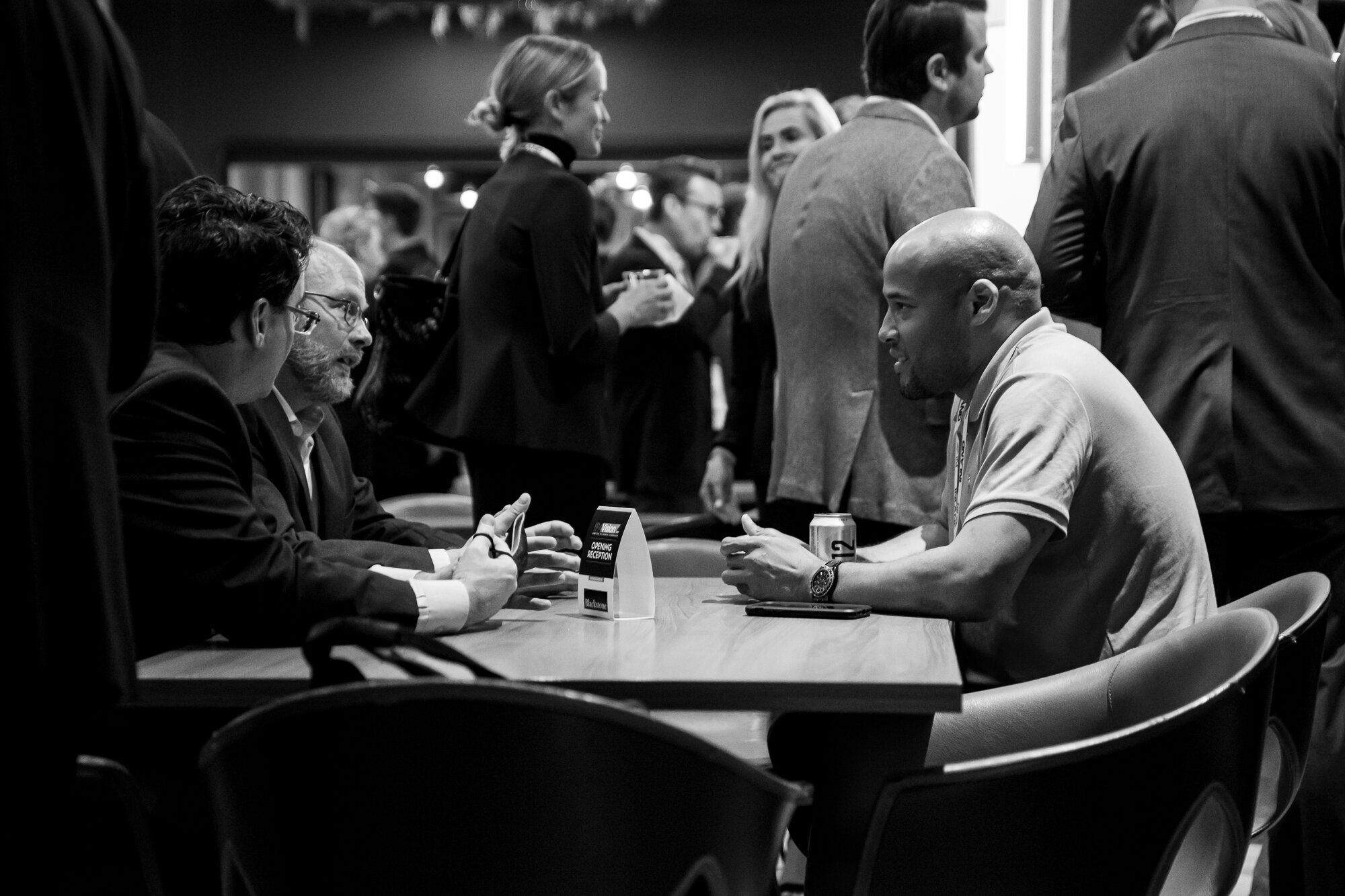
COACHING
COACHING AND MENTORSHIPS
FOR BEGINNER PHOTOGRAPHERS
I’ve always had a natural tendency to help people throughout my life. When I was a kid, I’d bring snacks to my brother and his friends (probably as a desperate plea to hang out with them). I’ve helped my friends move towns and even a 15 hour drive to Texas after work on a Friday. I’ve coached discus and shot put for 4 seasons at my high school after I graduated college. At the time, I held the freshman record, sophomore record and second longest discus throw in school history and was a state qualifier. Little did I know, those records would be broken by one of my throwers.
But fast-forwarding through my career, I’ve started my own photography business and somewhat regrettably turned down a new track coaching job. As I am still actively photographing events, I do miss that coaching aspect I’ve experienced so I am combining both.
Photography is a great skill to have, especially nowadays. My interest in photography sparked in college. It actually wasn’t by choice at the time, but when I transferred to Millikin to pursue graphic design, my first semester classes were chosen for me. Intro to Black and White Photography was my first, dare I say it, first shot at photography. But I think having a bit of a mechanical and analytical mind with some creativity, I loved it from the start. This class was of course to learn the basics. On a film camera. All manual. And created the images not only manually in camera, but also developed the film and prints in the darkroom.
Learning the basics of anything is crucial to establishing a strong foundation of knowledge and understanding. Wherever you are in your photography studies, there is always more to learn. You can find massive amounts of information online and you can practice what you research, but having a photography coach when you get stuck is incredibly helpful.
For anyone who has ever picked up a camera, the appeal of photography is obvious. Capturing a moment in time is a special skill used to preserve memories, document events, and even make art. However, getting started in photography can be daunting. There are so many things to learn, from the basics of composition to the advanced functions of a DSLR camera.
But with a little practice, anyone can become a great photographer. The key is to start small and master one thing at a time. For example, focus on learning to take well-exposed photographs before moving on to more complicated techniques. With perseverance and a willingness to experiment, you can be taking stunning pictures in no time.

COACHING OPTIONS
Topics we could discuss include but are not limited to photography basics, camera settings, camera features and when to use them, equipment choices, editing workflow, photography types, etc.
1 Hour Virtual Session
-
These individual sessions are good for “quick” check-ins if you are learning the basics or stuck on a specific topic. This is also good if you are struggling to decide on an equipment purchase.
-
1 hour of virtual coaching on a topic of your choice
-
$100
Individual Month
-
Great if you are serious about learning more extensively, but do not want to commit to a monthly package.
-
Bank of 3 hours of virtual discussion
1 photoshoot critique session
-
$500
Month Package
-
The monthly package is for the dedicated journey into photography and want a photography mentor to be a go-to advocate.
-
Bank of 9 hours per 3 months of virtual discussion
1 photoshoot critique session per month
1 in-person photoshoot guidance per 3 months
-
3 months: $1350
6 months: $2700
9 months: $4100
12 months: $5500
* In-person meetings or photoshoot locations outside of the Chicago area are welcome with an additional travel/lodging fee.
* Coaching offerings are not intended to be part of any academic credit programs, nor a curriculum offered with these services.
The Most Important Things in Photography
Anyone with a camera can take a picture, but it takes a skilled photographer to capture a beautiful image. Photography is an art form that combines technical knowledge with creativity and composition. While there is no one right way to take a photograph, there are some basics that all photographers should learn. Understanding the Exposure Triangle is a good start for beginner photographers.
The Exposure Triangle is the relationship between aperture, shutter speed, and ISO. Aperture controls the amount of light that enters the camera, shutter speed determines how long the camera sensor is exposed to light, and ISO affects the sensor's sensitivity to light. By understanding how these three elements work together, you can start to take control of your images and create stunning photos. Let’s get you from “taking” to “creating”.
-
As any photographer knows, one of the most important things to consider when photographing is having a clear subject. Without a focal point, photos can look busy and confusing. When composing your shot, always make sure there is a clear subject in mind. The viewer should be able to easily tell what you are trying to capture in the photo.
-
Another, if not most, important element of photography is light. The very word “photography” translates into “light-writing”. Light usage can be subjective. Natural light is typically best for “documenting”, but if you're using artificial light, ensure it's not too harsh or too dim by incorporating the additional light in your exposure settings. The right light can make all the difference in a photo, so consider it when composing your shots.
-
Composition is another key element of photography. Take care to arrange the elements in your photo so that they are aesthetically pleasing. This is where the rule of thirds come into play and can affect many things. The goal is to create a balanced, eye-catching composition that highlights the photo's subject.
-
Finally, don't be afraid to experiment. Trying new things is the best way to improve your photography skills. Go out and explore and see what you can create!
Things Every Beginner Needs to Get Started in Photography
Photography is a hugely popular hobby, and it's easy to see why. Thanks to digital cameras and smartphones, everyone can now be a photographer. However, it can be daunting to know where to begin if you're starting. Here are four essential things every beginner needs to get started in photography:
-
It is the most obvious starting point. You don't need an expensive DSLR or mirrorless camera to start; even a basic point-and-shoot camera will do. The important thing is to find something suitable to your budget, easy to use, and that you're comfortable with.
-
The standard kit lens is a great way to get started. Having a telephoto or other focal length lenses offer versatility in other ways to experiment, however, the standard kit lens is sufficient to learn the basics for beginners.
-
Have fun experimenting, and don't be afraid to ask for help from more experienced photographers if you need it. Keep an open mind to trying new things even if they don’t work out right away. The best way to learn is by doing.
-
A notebook is useful for keeping track of all the different settings and techniques you're trying out. As you experiment with different settings, note what works and what doesn't. That way, you'll always be able to reference back and see how you've progressed over time.
With these four essential items, you'll be well on your way to becoming a great photographer.
Common Beginner Photography Mistakes and How to Avoid Them
Many people pick up a camera for the first time and think that they can immediately start taking amazing photos. Unfortunately, that's not always the case! Several common beginner photography mistakes can ruin even the well-composed shot. But don't worry - with a little knowledge, you can avoid making these mistakes and start taking stunning photos in no time.
One of the most common beginner photography mistakes is failing to use the correct settings according to the exposure triangle. It can result in blurriness, exposure mishaps, or an image that is out of focus. To avoid these, take the time to properly adjust your shutter speed, aperture, and ISO. Focus your lens before taking the photo carefully. Otherwise, it can cause problems with focus, blur, and exposure, so choosing the right settings for the situation is important.
Beginners sometimes mistakenly believe they need to use the flash in all situations. However, using a flash too often can result in overexposed photos or unnatural-looking lighting. So if you're unsure whether or not to use flash, it's usually best to err on the side of caution and leave it off. Finally, one last common mistake is failing to frame the shot properly. It can result in photos that are cropped oddly or have too much space. To avoid this, take a few moments to compose your shot before taking the photo.
As a beginner photographer, you may feel like you have a lot to learn. And while that's true, don't forget that you also have a lot of experience and knowledge. After all, you've been looking at the world through your eyes your whole life. You know how light works and how colors interact. You have a feel for composition and what looks good. So, trust your instincts, and don't be afraid to experiment. You'll be surprised at the beautiful images you can create with a little practice.
As a beginner photographer, if you are overwhelmed and stuck, contact me today!
Having an experienced photographer like myself can help answer your questions, explain confusing topics, or give feedback on your current photography.
Dave Litterio’s coaching and mentorships can help you get started on your photography journey today. Check out the coaching options below!
